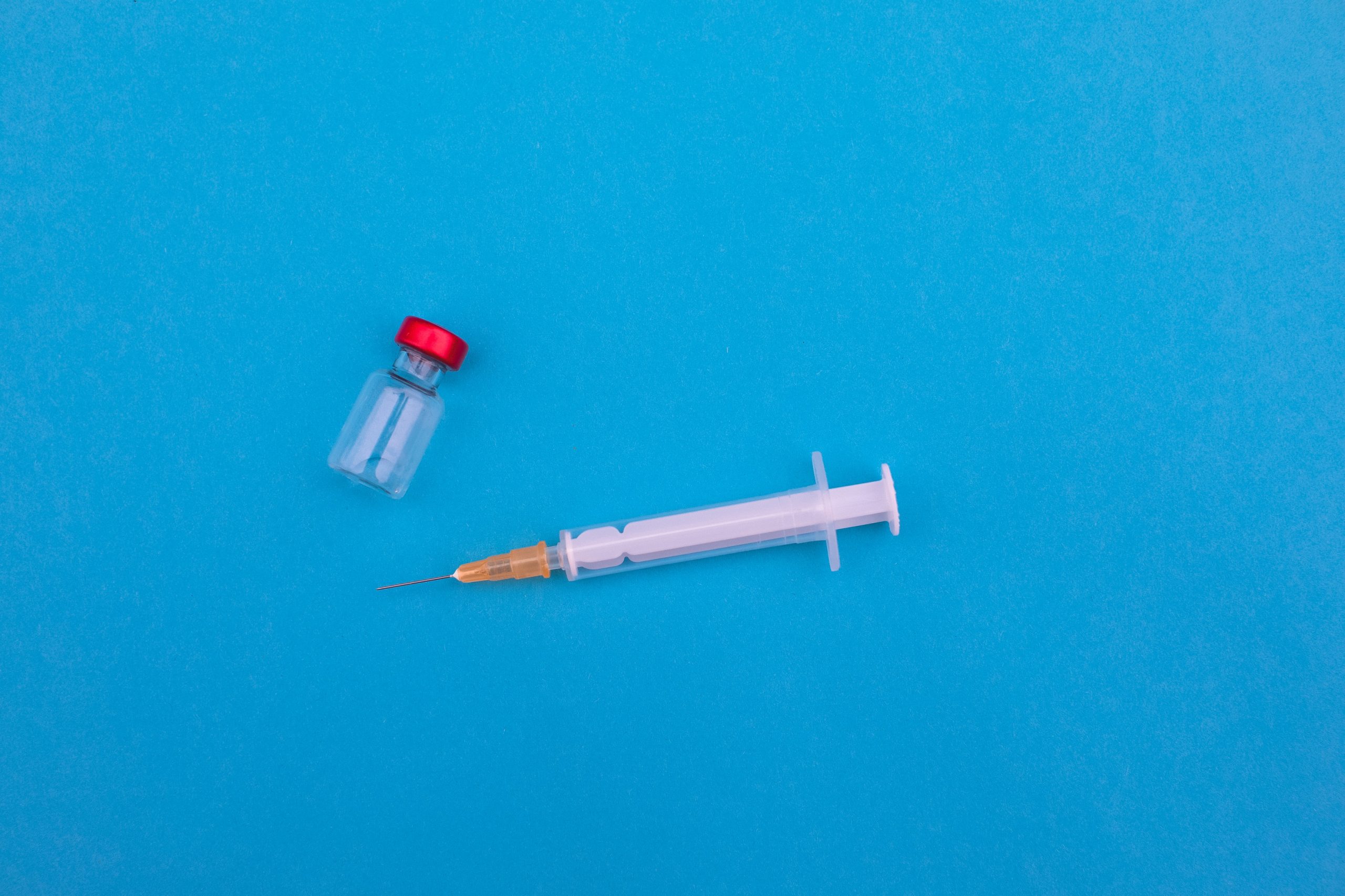Many of you may be conflicted about getting one of the Covid vaccines. After all, they’re new, and may have long term risks unknown at the present. According to a Pew Research Center survey of 12,648 adults from Nov 18-Nov 29, 2020 probable or definite willingness to be vaccinated for Covid-19 ranged from 42% in Blacks to 61% in Whites, to 83% in Asians. Educational level and family income directly correlated with vaccine willingness, as did, for the most part, age ( the 18-29 demographic was more willing to be vaccinated than the 30-49 year old age group). Democrats (69%) were more willing to be vaccinated than Republicans (50%). Fortunately, the immediate vaccine risks appear to be low, predominantly fevers, myalgias (muscle aches), soreness at the site of injection, headaches, and fatigue. The Pfizer and Moderna vaccine studies report 94-95% effectiveness, which is impressive, and far better than the flu (45% in 2019-2020).
The important thing to remember is that you are not considering the advisability of getting the vaccine in a vacuum, with only the risks of the vaccine to consider. Those risks must be weighed against the possibility of contracting Covid. As of Dec 14, positivity rates are ranging from 2.2% in Vermont to 56.8% in Idaho. That means that of 100 people tested, 2 in VT and 57 in Idaho had Covid. Using data from Dec 13th, of those who test positive, some may have no symptoms at all, some will be hospitalized, and of those hospitalized, 7% will require mechanical ventilation. Considered another way, 10-15% of cases become severe, 5% become critically ill.1 Approximately 1-2% of people with Covid will die. While it is clear that some categories, such as younger age, and white, are at lower risk of severe complications, and others, such as those with co-morbidities, or who are Black or Hispanic are at higher risk, there is no absolute way to predict individual outcomes. A not insignificant number of people will recover from the acute phase of Covid, but experience long term after-effects, the duration of which is unknown. These symptoms may include fatigue, shortness of breath, cough, joint pain, chest pain, trouble with thinking and concentrating, depression, headaches, heart palpitations, intermittent fevers, and more. Therefore, the risk of getting sick, and even dying, must be weighed against the risks of the vaccine. At this juncture, while the risks of the Covid vaccines are not entirely quantifiable, they are clearly lower than the risks of contracting Covid, with its very real, and well documented, acute and chronic sequelae. Although the Pfizer and Moderna vaccines were not studied in pregnancy and lactation, the American College of Obstetrics and Gynecology recommends that Covid-19 vaccines not be withheld from pregnant and breast feeding individuals who meet criteria for vaccination.
Like almost everyone else, I miss seeing my friends & my family, dining out, cultural events, and even being able to pop into the grocery store for just one item. I feel nervous and guilty every time I leave my house. The sooner that we are all vaccinated, the sooner that life, in the US and around the world, will be able to return to normal. I, for one, can hardly wait.
1What we know about Long-term effects of Covid-19. The Latest on the Covid-19 Global Situation & Long-term Sequelae; Update 36; 9 Sept 2020

